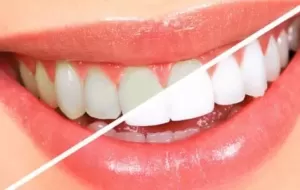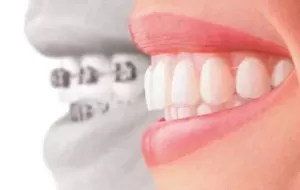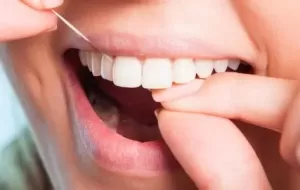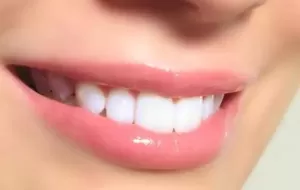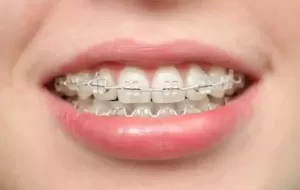Benefits Of Vinegar For Teeth
Vinegar
It is one of the most important natural materials that have many therapeutic benefits. It was used in previous eras to treat various diseases. Hippocrates used it as an antibiotic. Vinegar can be extracted through fermentation, where the sugar in the apple turns into alcohol due to bacteria and yeast, then turns into vinegar. Vinegar consists of very useful materials such as vitamins and minerals, in addition to potassium, sodium, magnesium, and sulfur. It also contains fluorine, chlorine, and iron.
Benefits of vinegar for teeth
Vinegar contains many antibacterial and anti-microbial components, thus reducing the possibility of tooth decay and other dental and gum problems. One of the most important benefits of vinegar for teeth is lightening their color. However, despite these benefits, the high acidity of vinegar makes its use dangerous for teeth as it can cause damage to the enamel layer that protects the tooth. Therefore, you should consult a doctor first to determine the appropriate concentrations and safe amounts of vinegar that can be used without harming the teeth.
How can white vinegar be used for teeth?
By putting white vinegar on a clean cotton ball, then rubbing the teeth with it well daily, then washing the teeth with warm water, as white vinegar works to remove food, germs and bacteria stuck on and between the teeth.
General benefits of vinegar
- Reducing the effect of the sun on the face, by massaging the areas exposed to sunburn using a piece of cotton soaked in diluted vinegar.
- It treats the problem of dandruff, as it gets rid of fungi and restores balance to the scalp, by diluting concentrated vinegar with a little water, massaging the hair with it, and leaving it on the head for about an hour before washing it with water.
- It relieves the symptoms of sore throat when used as a gargle for five seconds, and the process is repeated for two consecutive days.
- It relieves the annoying symptoms associated with insect bites by making a wash consisting of three-quarters of a cup of apple cider vinegar and a quarter of a cup of boiled thyme, then rubbing the bitten area using a cotton ball soaked in the wash.
